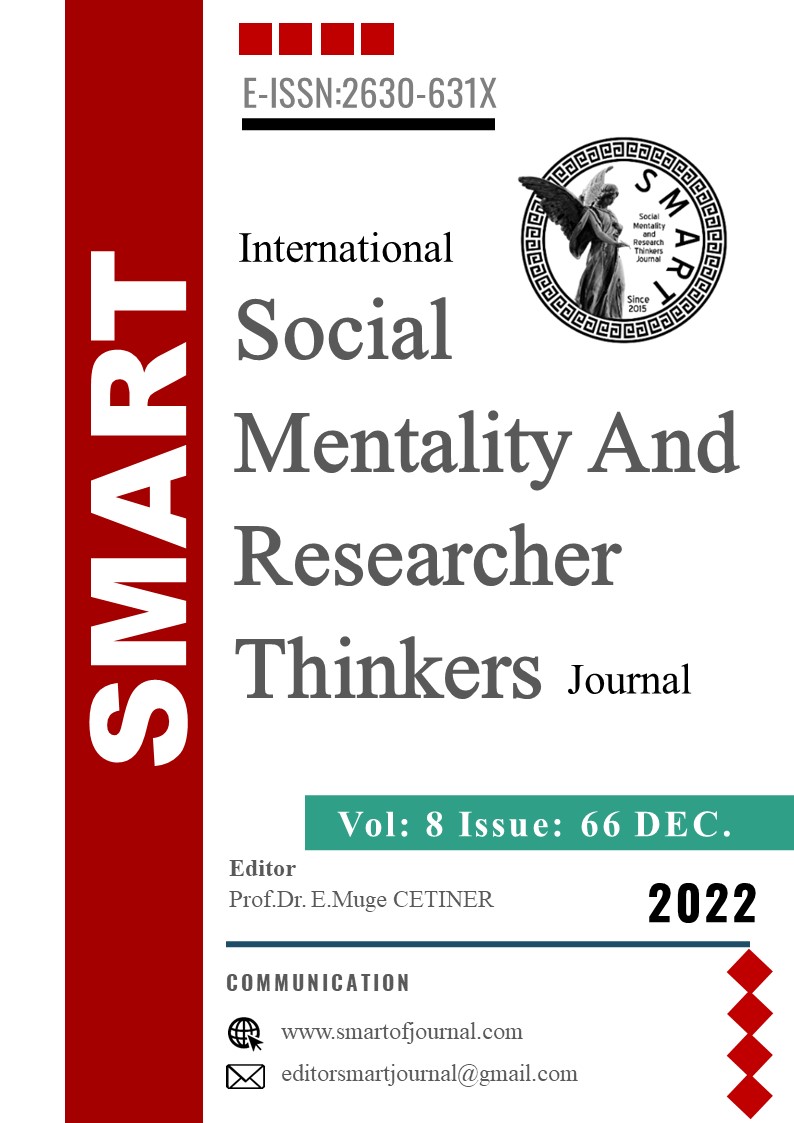Ekonomik Büyüme ve Hukukun Üstünlüğünün Kayıt Dışı Ekonomi Üzerindeki Etkisi: Gelişmekte Olan Ülkeler Örneği
Author :
Abstract
Çalışma, seçilen 23 gelişmekte olan ekonomide ekonomik büyüme ve hukukun üstünlüğünün kayıt dışı ekonomi üzerindeki etkisini araştırmayı amaçlamaktadır. Bu çalışma, hukukun üstünlüğünün ve diğer faktörlerin kayıt dışı ekonominin boyutu üzerindeki etkilerini tahmin etmek için 23 gelişmekte olan ülke için 2005-2015 dönemine ilişkin yıllık verileri kullanmaktadır. Gelişmekte olan ülke grubu, Uluslararası Para Fonu kaynaklarına göre sınıflandırılır ve verilerin mevcudiyetine göre seçilmektedir. Bu çalışmada iki aşamalı Sistem GMM yöntemi kullanılmıştır. Sonuçlar, ekonomik büyüme ve hukukun üstünlüğü göstergelerinin kayıt dışı ekonomi üzerinde negatif ve istatistiksel olarak anlamlı bir etkiye sahip olduğunu göstermektedir. Hukukun üstünlüğü göstergesinin etkisi, ekonomik büyüme göstergesine göre çok büyük olduğu sonucuna ulaşılmıştır. Ayrıca, yolsuzluğun kontrolü göstergesinin kayıt dışı ekonomi üzerinde istatistiksel olarak anlamlı bir sonuca ulaşılamamıştır. Enflasyonun artması ise kayıt dışı ekonomiyi azaltmaktadır. Dolayısıyla, bu çalışmanın sonuçları, kayıt dışı ekonominin boyutunun, özellikle gelişmekte olan ülkelerde hukukun üstünlüğünün etkinliğinin ve ekonominin büyümesinin iyileştirilmesiyle kontrol edilebileceğini göstermektedir.
Keywords
Abstract
The study aims to explore the impact of economic growth and rule of law on the informal economy in 23 selected emerging economies. This study uses annual data for the period 2005-2015 for 23 developing countries to estimate the effects of the rule of law and other factors on the size of the informal economy. The developing country group is classified according to the sources of the International Monetary Fund and is selected according to the availability of data. Two-stage System GMM method was used in this study. The results show that economic growth and rule of law indicators have a negative and statistically significant effect on the informal economy. It has been concluded that the effect of the rule of law indicator is very large compared to the economic growth indicator. In addition, a statistically significant result of the control of corruption indicator on the informal economy could not be reached. Increasing inflation reduces the informal economy. Thus, the results of this study show that the size of the informal economy can be controlled by improving the efficiency of the rule of law and the growth of the economy, especially in developing countries.





